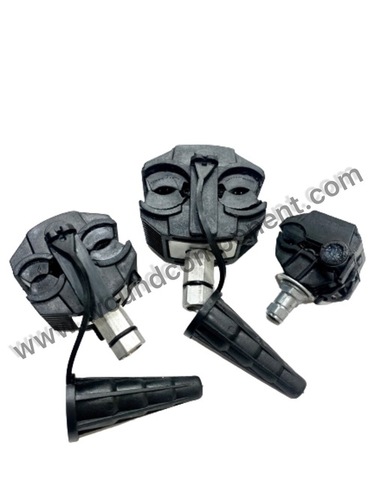
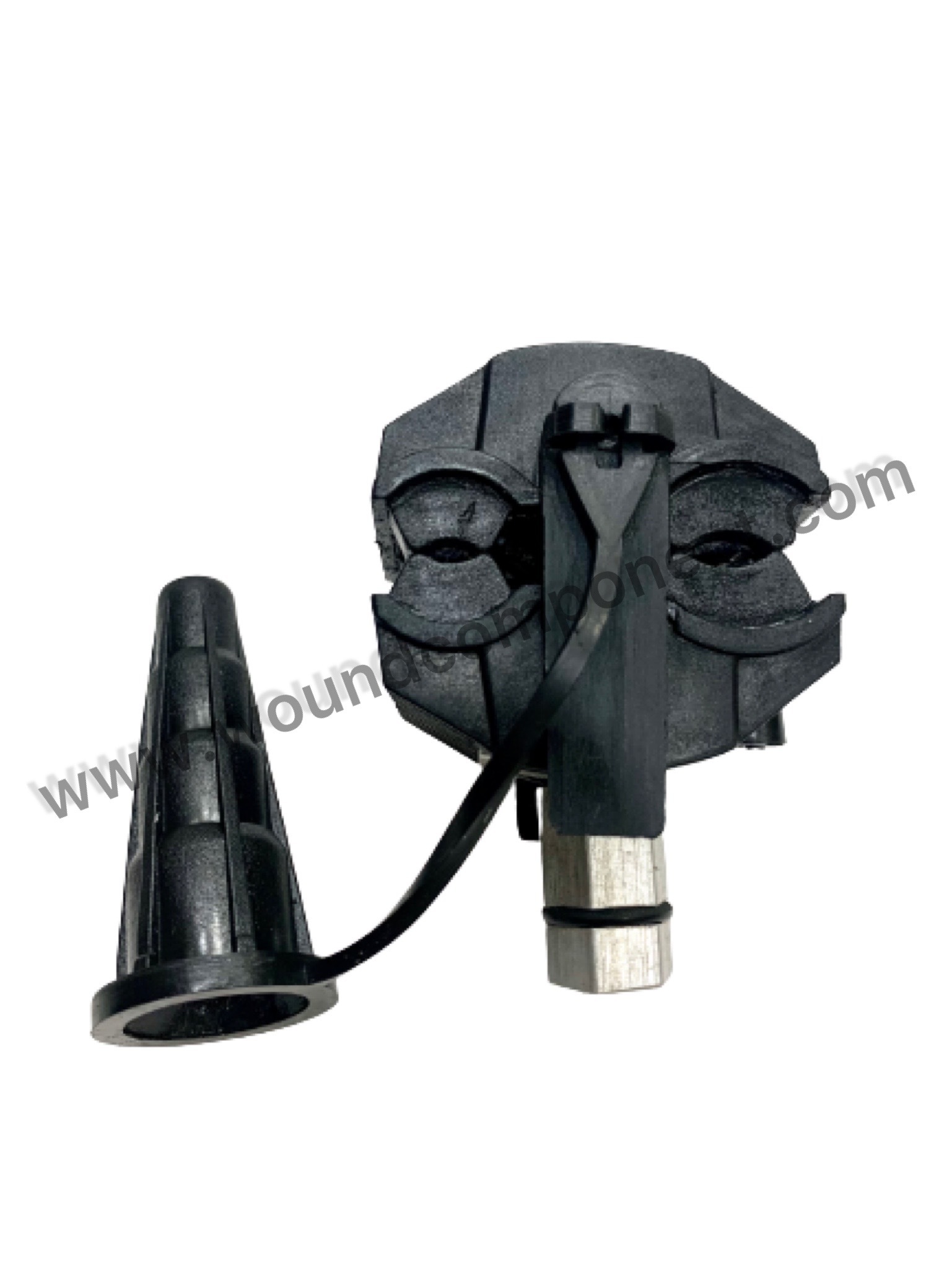
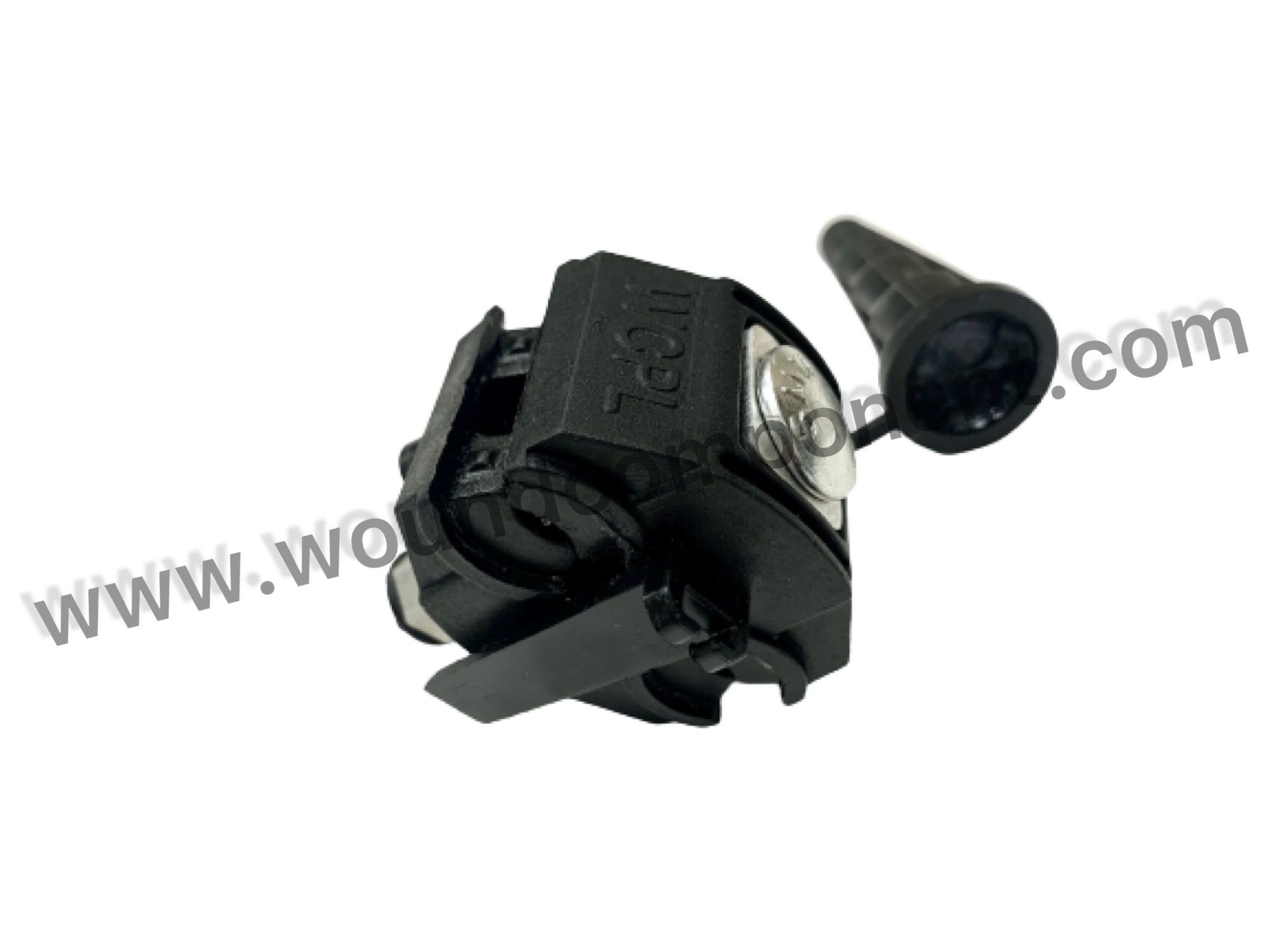
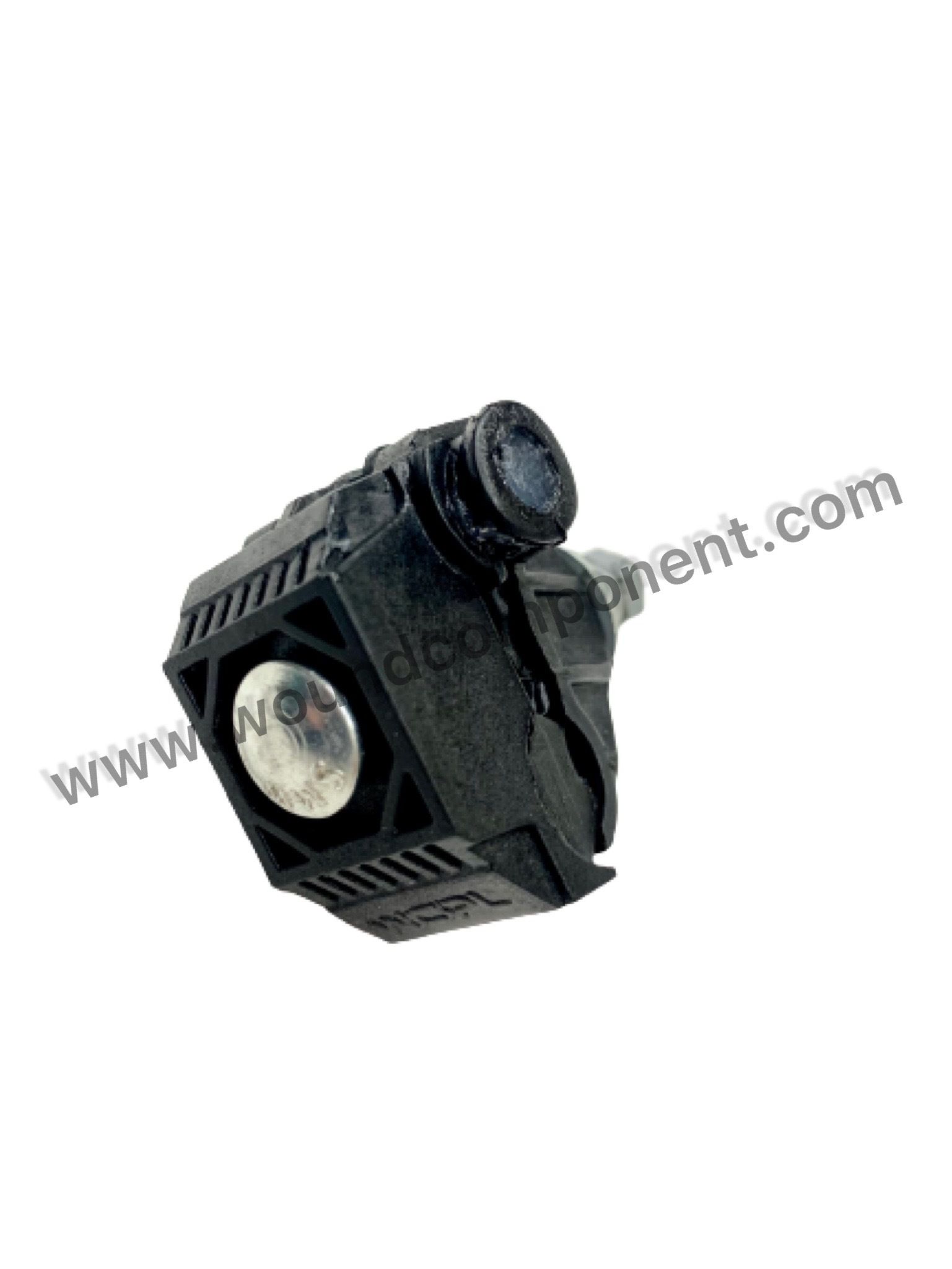
Insulation Piercing Connectors
44.00 INR/Piece
Product Details:
- Material UV Resistant Glass Filled Nylon
- Application Piercing AB Cable
- Standard NFC Standard
- Usage & Applications For Industrial Machinery
- Color Black
- Click to view more
X
Insulation Piercing Connectors Price And Quantity
- 100 Piece
- 44.00 INR/Piece
Insulation Piercing Connectors Product Specifications
- NFC Standard
- Piercing AB Cable
- UV Resistant Glass Filled Nylon
- Black
- For Industrial Machinery
Insulation Piercing Connectors Trade Information
- Letter of Credit (L/C), Paypal, Letter of Credit at Sight (Sight L/C), Cash in Advance (CID)
- 7000 Piece Per Week
- 5 Days
- Yes
- Sample costs shipping and taxes has to be paid by the buyer
- Gunny Bags/Corrugated Box
- Western Europe, Asia, Australia, North America, South America, Eastern Europe, Middle East, Africa, Central America
- All India
- Type Test Reports as per relevant standard available.
Product Description
An insulation piercing connector (IPC) is an electrical connector that is designed to make a secure and reliable electrical connection to an insulated conductor without the need to strip the insulation. It pierces the insulation and makes contact with the conductor underneath, creating a low-resistance electrical path.
IPC connectors are commonly used in the electrical industry to make connections to overhead power lines, transformers, and other high voltage electrical equipment. They are also used in low voltage applications such as telecommunications and data networking.
IPC connectors are typically made of corrosion-resistant materials such as aluminum, copper, or stainless steel, and are designed to withstand harsh outdoor environments. They come in a variety of sizes and configurations to accommodate different conductor sizes and types.
It is important to follow proper installation procedures when using IPC connectors to ensure a secure and reliable connection. The use of a proper tool and following the manufacturers recommended installation procedures are essential to achieve a good connection and prevent damage to the conductor insulation.
Insulation Piercing Connector Specifications:
1. Cable Size: Main: 16-95 sq. mm. & Tap : 4-50 sq. mm.
2. Contact Blades: Tinned Copper Alloy/Aluminum
3. Waterproof: Yes
4. Material: Glass Filled Nylon
5. Color: Black
Insulation Piercing Connector Features:
1. No need to strip insulation: IPC connectors can penetrate through the insulation layer of a conductor, making electrical contact without the need to strip off the insulation. This makes the installation process faster and easier, and reduces the risk of damage to the conductor.
2. Time-saving: Because there is no need to strip the insulation, IPC connectors can save significant time during the installation process.
3. Corrosion-resistant: IPC connectors are often made from corrosion-resistant materials such as aluminum, copper, or stainless steel. This makes them suitable for use in harsh outdoor environments and reduces the risk of corrosion and damage over time.
4. Versatility: IPC connectors come in a range of sizes and configurations, making them suitable for use with a wide range of conductor sizes and types.
5. High current carrying capacity: IPC connectors can carry high current loads, making them suitable for use in applications that require high levels of power.
6. Reliable connections: When installed correctly, IPC connectors can provide a reliable and secure electrical connection that is resistant to vibration, temperature changes, and other environmental factors.
Insulation Piercing Connector Applications:
1. Power distribution: IPC connectors are often used in power distribution systems to connect overhead power lines, transformers, and other high voltage electrical equipment.
2. Telecommunications: IPC connectors are used in the telecommunications industry to connect copper wires, fiber optic cables, and other data networking components.
3. Automotive: IPC connectors are used in automotive applications to connect wiring harnesses and electrical components.
4. Marine: IPC connectors are used in marine applications to connect electrical components and wiring in boats and ships.
5. Industrial automation: IPC connectors are used in industrial automation applications to connect sensors, actuators, and other electrical components.
6. Renewable energy: IPC connectors are used in renewable energy systems to connect solar panels, wind turbines, and other renewable energy components.
We supply insulation piercing connector to various cities including Mumbai, Pune, Bangalore, Jaipur, Kanpur, Lucknow, Noida, Patna, Ranchi, Hyderabad, Imphal, Guwahati, Kolkata, Assam, Itanagar, Gangtok, Jammu, Kashmir, Srinagar, etc. We also export to several countries including Tanzania, DR Congo, DPR Congo, Uganda, Kenya, Sri Lanka, Nepal, Bangladesh, Vietnam, Cambodia, Myanmar, etc.
Frequently Asked Questions:
1. How does an insulation piercing connector work?
Ans: An insulation piercing connector works by piercing through the insulation layer of a conductor and making contact with the conductor underneath. This creates a low-resistance electrical path without the need to strip the insulation.
2. What are the advantages of using an insulation piercing connector?
Ans: The advantages of using an insulation piercing connector include time-saving, versatility, reliability, and the ability to make connections without stripping the insulation. IPC connectors are also corrosion-resistant and can carry high current loads.
3. What types of conductors can an insulation piercing connector be used with?
Ans: IPC connectors can be used with a wide range of conductor sizes and types, including copper and aluminum conductors.
4. Can an insulation piercing connector be reused?
Ans: IPC connectors are designed for one-time use only and should not be reused. This is because the piercing teeth can become dull after use, which can lead to a poor electrical connection.
5. What safety precautions should be taken when using insulation piercing connectors?
Ans: When using IPC connectors, it is important to follow proper installation procedures to ensure a secure and reliable connection. Additionally, electrical safety precautions should always be taken, such as wearing appropriate personal protective equipment and ensuring that the power supply is turned off before making any electrical connections.
FAQs of Insulation Piercing Connectors:
Q: What is the main application of Insulation Piercing Connectors?
A: The main application of Insulation Piercing Connectors is piercing AB cables.Q: What are the usage and applications of Insulation Piercing Connectors?
A: Insulation Piercing Connectors are used for industrial machinery applications.Q: Which standard do Insulation Piercing Connectors comply with?
A: Insulation Piercing Connectors comply with the NFC standard.Q: What material is used in Insulation Piercing Connectors?
A: Insulation Piercing Connectors are made from UV-resistant glass-filled nylon.Q: What is the color of Insulation Piercing Connectors?
A: The color of Insulation Piercing Connectors is black.Tell us about your requirement

Price:
Quantity
Select Unit
- 50
- 100
- 200
- 250
- 500
- 1000+
Additional detail
Mobile number
Email





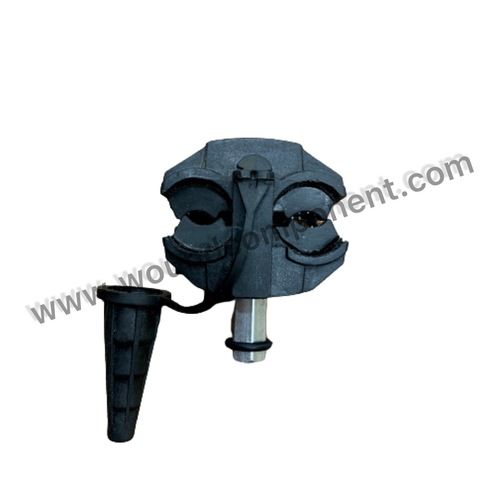
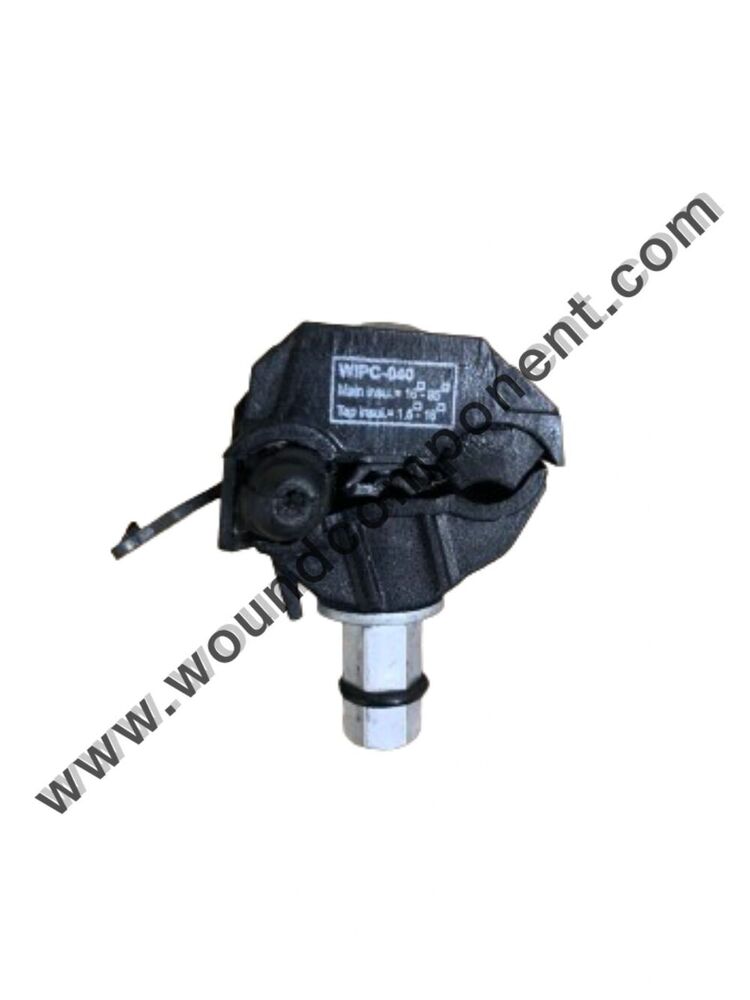
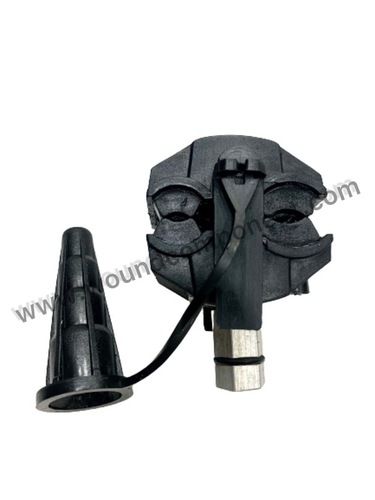
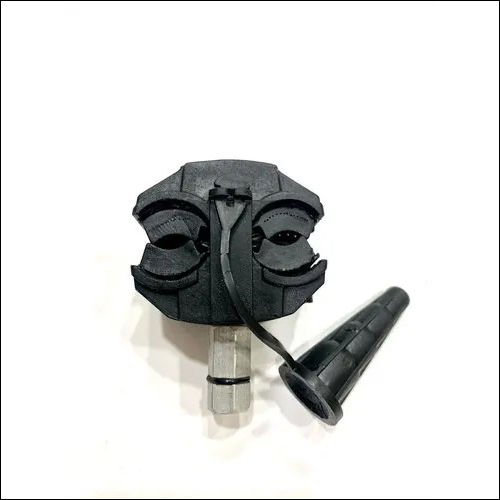

 English
English Spanish
Spanish French
French German
German Italian
Italian Chinese (Simplified)
Chinese (Simplified) Japanese
Japanese Korean
Korean Arabic
Arabic Portuguese
Portuguese